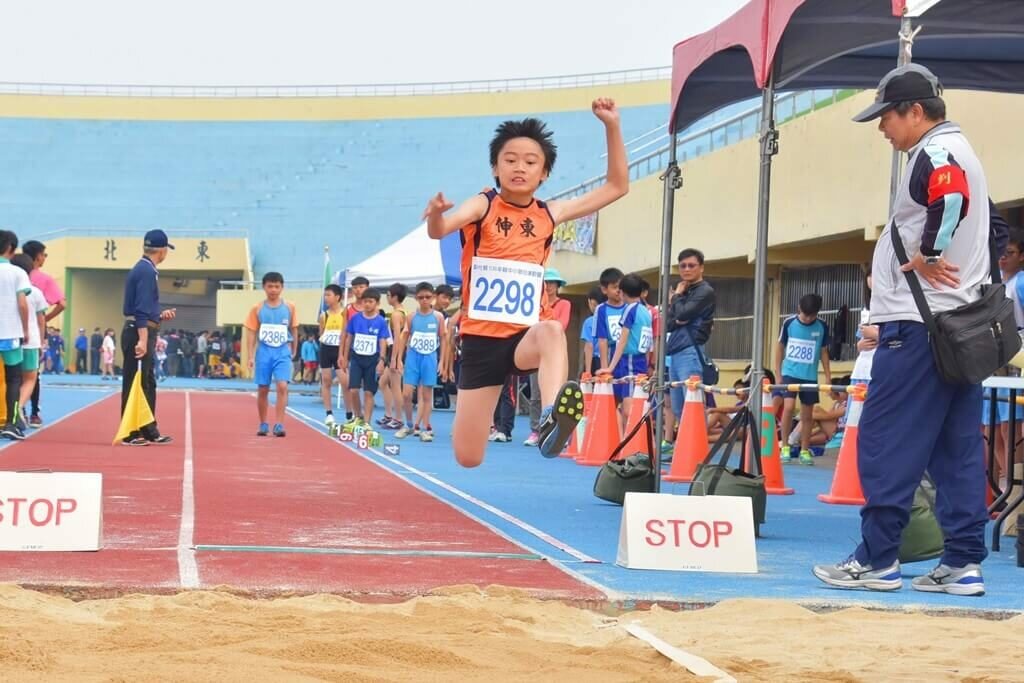FEATURE: Taiwan students’ dilemma - healthy body or top grades?
by News Desk
TAIPEI (The China Post/ANN) - The age-old dispute of balancing academics and sport on a student’s shoulders continues to puzzle the minds of researchers and audiences alike. This time, Taiwan’s youth has come under the scrutiny of their ability to maintain healthy lifestyles. Their preparation for productive and successful adulthood is all-important and consumes their mentality.
Lack of Physical Exercise
Local data, that was collected from 2010 to 2018 on the physical activity of children and adolescents, indicates that Taiwan’s status as an electronics giant has contributed to the time spent on devices rather than physical exercise.
According to the study, the World Health Organization (WHO) set a particular degree of exercise that children needed to reach every day in order to maintain their fitness. WHO suggested 60 minutes of vigorous exercise daily, even though it’s astounding that only 17.5 percent of 13-18 year-olds actually met the standard in Taiwan.
The study also points out that there was a correlation amongst other Asian nations such as South Korea and China, both of whom are known for their erudite students and technological advancements. However, it's unjust to comment on a person’s mental capacity if they are graded against one educational system that doesn’t fit their personal growth or strengths.
This seems to be common in Taiwan, those WHO outdo the rest by large margins are encouraged by teachers to focus on academics only and often asked to cancel sports from their lives. Students often become overweight because of their distasteful attitude towards sport and its time-consuming nature that takes away from how long they can spend studying and soaring above their classmates.
Fighting Stereotypes
A stereotype that Eastern families are thought to have is that sport is frowned upon as a career choice or even an obsessive hobby, especially at older ages. Students that excel in athletics and fall behind in studies are seen as inferior and auxiliary in the eyes of their schoolmates.
Teachers in local schools often highlight this as a weakness and have gone through extraordinary lengths to immerse students into learning and memorizing content.
What’s more? Emotional instability and disruptive behavior were in positive correlation with an overweight or obese status. Obesity can be a precursor of adult depression. It’s extremely likely that obese children develop into obese adolescents and that undoubtedly leads to obese adults.
The sole preventer of this cycle would be healthier lifestyle choices in children and the increase of exercise. Interventions to break this highly probable detrimental sequence should come at early ages between 1st to 4th grade.
Balancing Healthy Body and Healthy Mind
It’s imperative that Taiwan parents take note of this issue and encourage their children to exercise and reschedule their daily routines. Attending late-night cram schools in order to boost their grades and grasp any competitive edge that they can over their peers is a destructive mindset and injurious to their bodies.
The fundamental question that parents, students, and teachers need to consider is whether such intensified focus on career and academics truly exceeds a healthy body and healthy mind.
Photos
-
Download story archive
You are downloading:
FEATURE: Taiwan students’ dilemma - healthy body or top grades?
Story contents:
- 457 words
- 1 image


